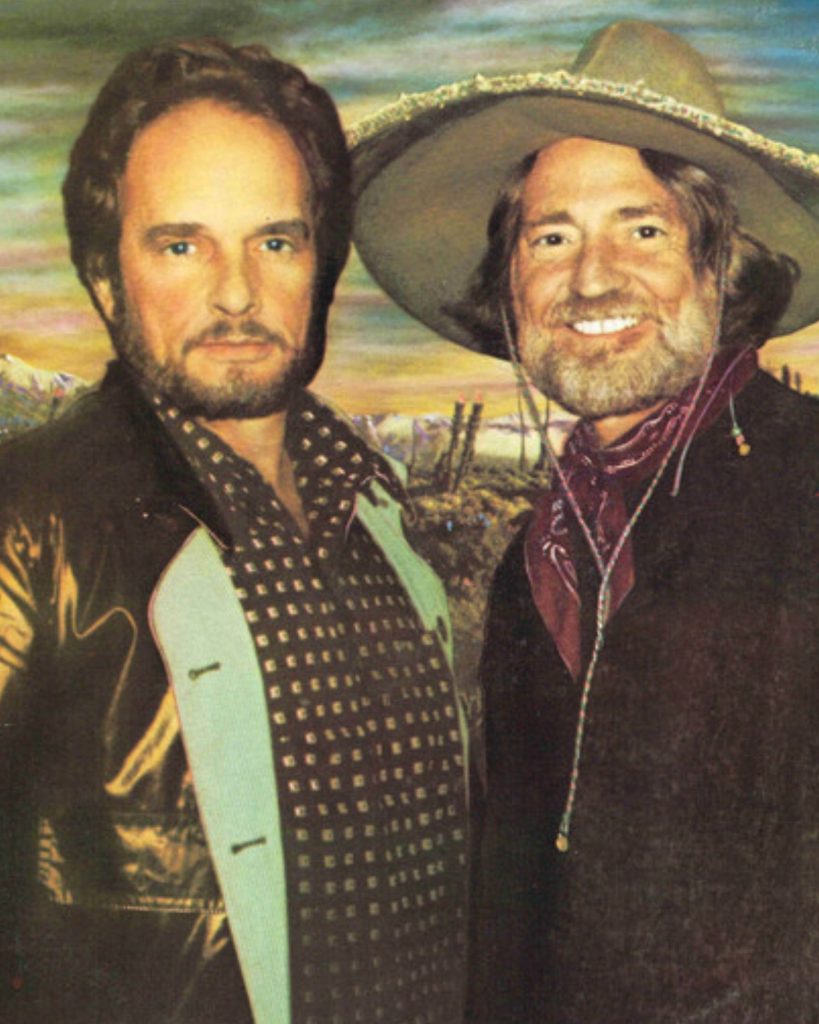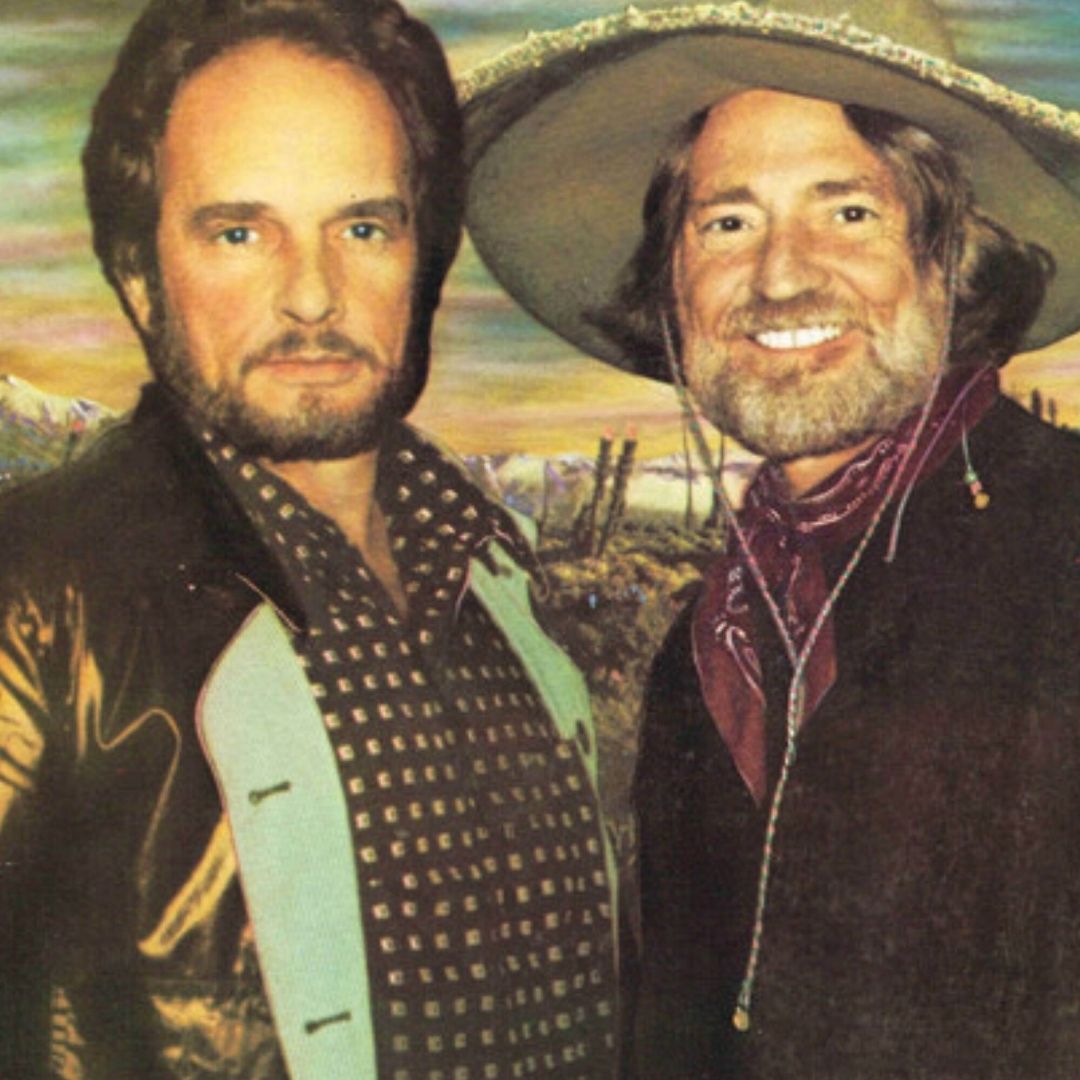
Introduction
Imagine the late 1960s, a time of social unrest, political protests, and counterculture movements. Yet, amidst all the tumult, a voice rose from a quiet corner of America, delivering a message that resonated deeply with the values of small-town, conservative communities. This was the voice of Merle Haggard, and his song “Okie from Muskogee” would become an anthem for those who felt distant from the rapidly changing cultural landscape. For many, it was a declaration of pride in traditional American values, a sentiment that endures to this day.
About The Composition
- Title: Okie from Muskogee
- Composer: Merle Haggard and Roy Edward Burris
- Premiere Date: Released in September 1969
- Album: Okie from Muskogee (1969)
- Genre: Country, Outlaw Country
Background
“Okie from Muskogee” was inspired by a conversation between Merle Haggard and his bandmates as they passed through Muskogee, Oklahoma, on their tour bus. Haggard, a native Californian, imagined the life of someone from a small town who felt alienated by the counterculture movements of the 1960s. The song was a response to the hippie movement, with its anti-war protests, drug use, and rejection of conservative values. Haggard, who had spent time in prison and experienced the hardships of working-class life, felt a strong connection to the simple, honest lifestyle that “Okie from Muskogee” celebrates.
Upon its release, the song quickly became a hit, reaching No. 1 on the Billboard Hot Country Singles chart. It resonated with people who felt their way of life was being overshadowed by radical social changes. “Okie from Muskogee” became a cultural symbol of pride for those who still valued traditional American ideals like hard work, patriotism, and respect for the law.
Musical Style
Musically, “Okie from Muskogee” is a straightforward country song, featuring the clean guitar twang and steady rhythm typical of the genre at the time. The arrangement includes steel guitar, bass, drums, and vocals, with minimal embellishment. This simplicity reflects the themes of the song—straightforward, no-nonsense, and rooted in everyday life. The melody is easy to follow, making it accessible to a wide audience, and Haggard’s warm baritone gives the song its signature sound.
The song’s structure follows a typical verse-chorus format, with the chorus repeating the line, “We don’t smoke marijuana in Muskogee; we don’t take our trips on LSD.” These lines directly contrast the counterculture practices of the time, further cementing the song’s conservative message.
Lyrics Analysis
The lyrics of “Okie from Muskogee” speak proudly of small-town values and the rejection of counterculture ideals. Haggard highlights the things that residents of Muskogee do not do: they don’t take drugs, disrespect the American flag, or question traditional authority. The song becomes an expression of identity for many listeners who felt alienated by the changes sweeping through the country during the 1960s. At its core, the song isn’t just about Muskogee—it’s about a larger sense of belonging and a lifestyle that Haggard, and many others, believed was worth defending.
Performance History
Since its debut, “Okie from Muskogee” has remained one of Merle Haggard’s most iconic songs. It became a regular feature in his live performances and was particularly popular among his conservative fan base. The song won the Country Music Association’s Single of the Year award in 1970, solidifying its place in country music history. Over time, it has been covered by various artists and even parodied, demonstrating its enduring impact.
One notable performance took place in 1970 when Haggard performed the song at the White House for President Richard Nixon, further cementing the song’s reputation as a symbol of conservative values during that era.
Cultural Impact
“Okie from Muskogee” quickly became a cultural touchstone, not just in country music, but across American society. The song has been interpreted in different ways: some view it as a sincere expression of pride in traditional values, while others see it as a satirical jab at the counterculture. Regardless of interpretation, its influence is undeniable. The term “Okie” itself, once a derogatory term for poor migrants from Oklahoma, was reclaimed by many as a badge of honor.
The song has appeared in various media and has been referenced in discussions about the cultural divide between urban and rural America. Its message continues to resonate with those who feel their values are being threatened by modern changes.
Legacy
“Okie from Muskogee” remains a defining song in Merle Haggard’s career and in the history of country music. Decades after its release, the song is still a beloved anthem for many who take pride in their traditional, conservative roots. It speaks to a specific time in American history, yet its themes of cultural and generational divide are still relevant today. The song’s legacy is its ability to capture the spirit of a place and a people who feel left behind by the rapid pace of change.
Conclusion
“Okie from Muskogee” is more than just a country song; it’s a statement, a piece of cultural history that continues to echo through the years. Whether you interpret it as a genuine expression of small-town pride or a tongue-in-cheek commentary on the counterculture, its impact cannot be denied. If you haven’t yet listened to “Okie from Muskogee,” I recommend checking out Merle Haggard’s live performances, where his raw emotion and connection to the song shine through. It’s a song that will take you back in time while still resonating with the present
Video
Lyrics
We don’t smoke marijuana in Muskogee
We don’t take our trips on LSD
We don’t burn our draft cards down on Main Street
We like livin’ right, and bein’ free
We don’t make a party out of lovin’
We like holdin’ hands and pitchin’ woo
We don’t let our hair grow long and shaggy
Like the hippies out in San Francisco do
I’m proud to be an Okie from Muskogee,
A place where even squares can have a ball
We still wave Old Glory down at the courthouse,
And white lightnin’s still the biggest thrill of all
Leather boots are still in style for manly footwear
Beads and Roman sandals won’t be seen
Football’s still the roughest thing on campus
And the kids here still respect the college dean
WAnd I’m proud to be an Okie from Muskogee
A place where even squares can have a ball.
We still wave Old Glory down at the courthouse
And white lightnin’s still the biggest thrill of all
And white lightnin’s still the biggest thrill of all
In Muskogee, Oklahoma, USA.
